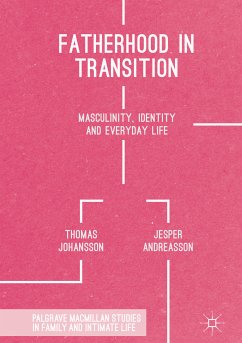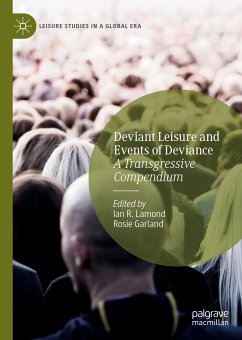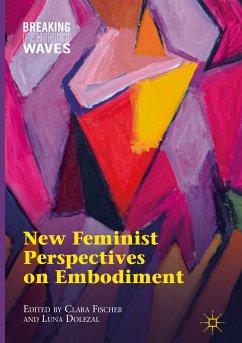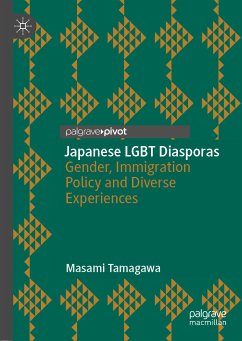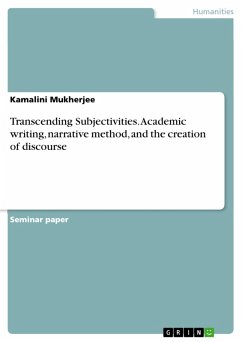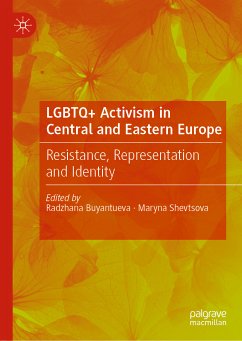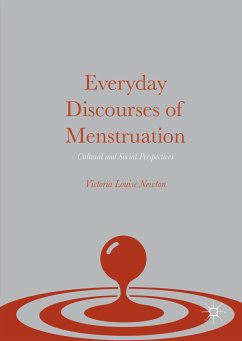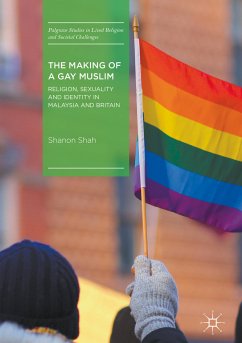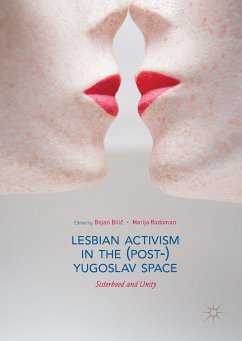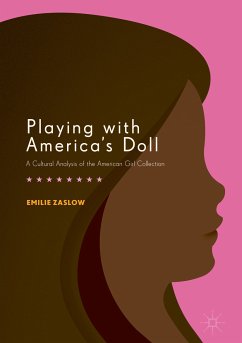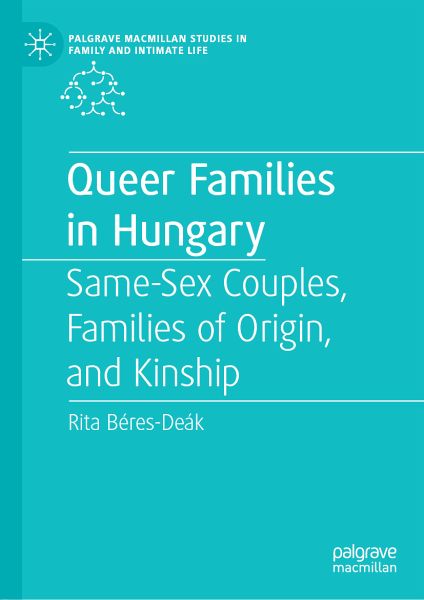
Queer Families in Hungary (eBook, PDF)
Same-Sex Couples, Families of Origin, and Kinship
Versandkostenfrei!
Sofort per Download lieferbar
40,95 €
inkl. MwSt.
Weitere Ausgaben:

PAYBACK Punkte
20 °P sammeln!
Set against the backdrop of a country which upholds a heteronormative and narrow view of family, this book provides insights into the lives of Hungarian same-sex couples and their heterosexual relatives. Béres-Deák utilizes the theoretical framework of intimate citizenship, as well as findings from ethnographic interviews, participant observation and online sources. Instead of emphasizing the divide between non-heterosexual people and their heterosexual kin, the author recognizes that these members of queer families share many similar experiences and challenges.Queer Families in Hungary look...
Set against the backdrop of a country which upholds a heteronormative and narrow view of family, this book provides insights into the lives of Hungarian same-sex couples and their heterosexual relatives. Béres-Deák utilizes the theoretical framework of intimate citizenship, as well as findings from ethnographic interviews, participant observation and online sources. Instead of emphasizing the divide between non-heterosexual people and their heterosexual kin, the author recognizes that these members of queer families share many similar experiences and challenges.Queer Families in Hungary looks at experiences of coming out, negotiation of visibility, and kinship practices, and offers valuable insights into how individuals and families can resist heterosexist constraints through their discourses and practices. Students and scholars researching kinship studies, LGBT and queer studies, post-socialist studies, and citizenship studies, will find this book of interest.
Dieser Download kann aus rechtlichen Gründen nur mit Rechnungsadresse in A, B, BG, CY, CZ, D, DK, EW, E, FIN, F, GR, HR, H, IRL, I, LT, L, LR, M, NL, PL, P, R, S, SLO, SK ausgeliefert werden.



